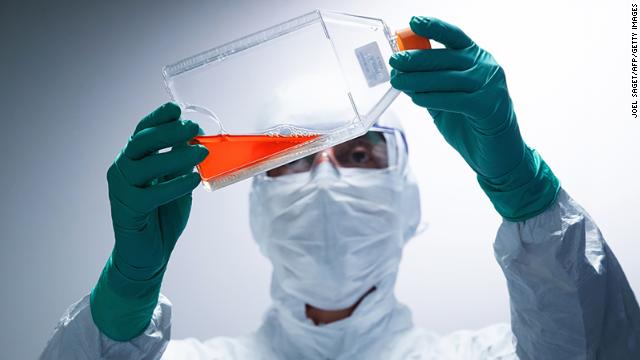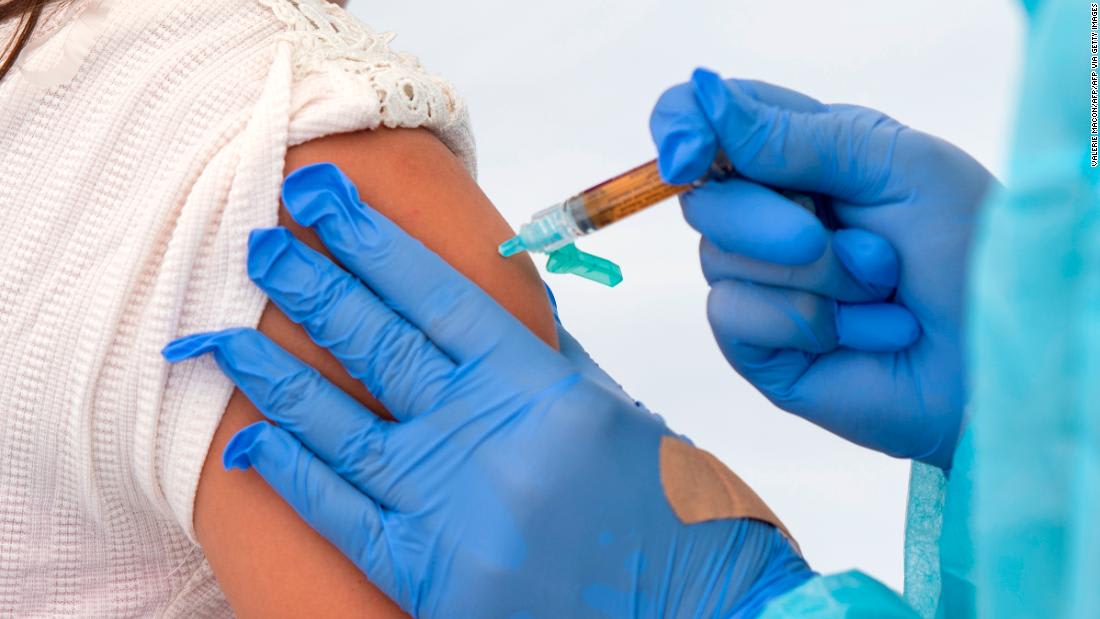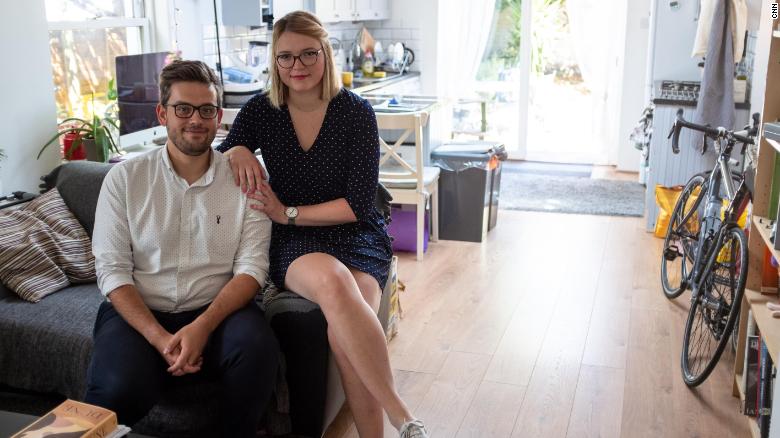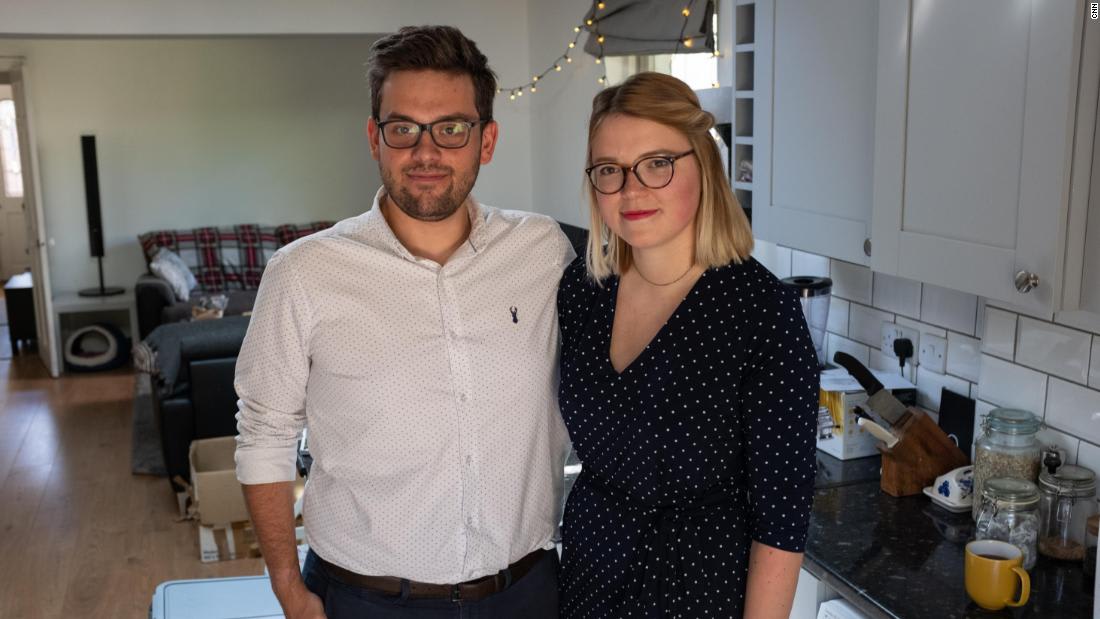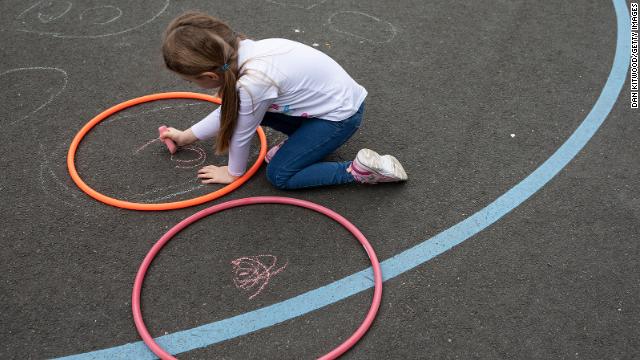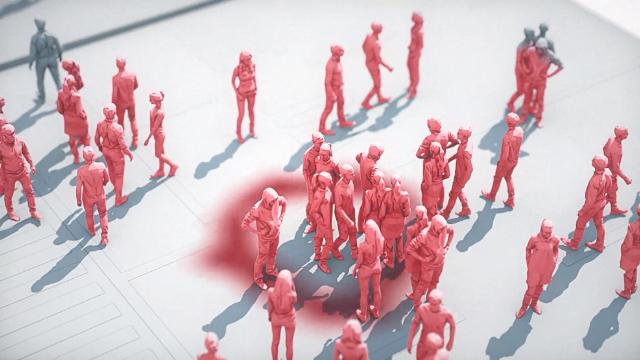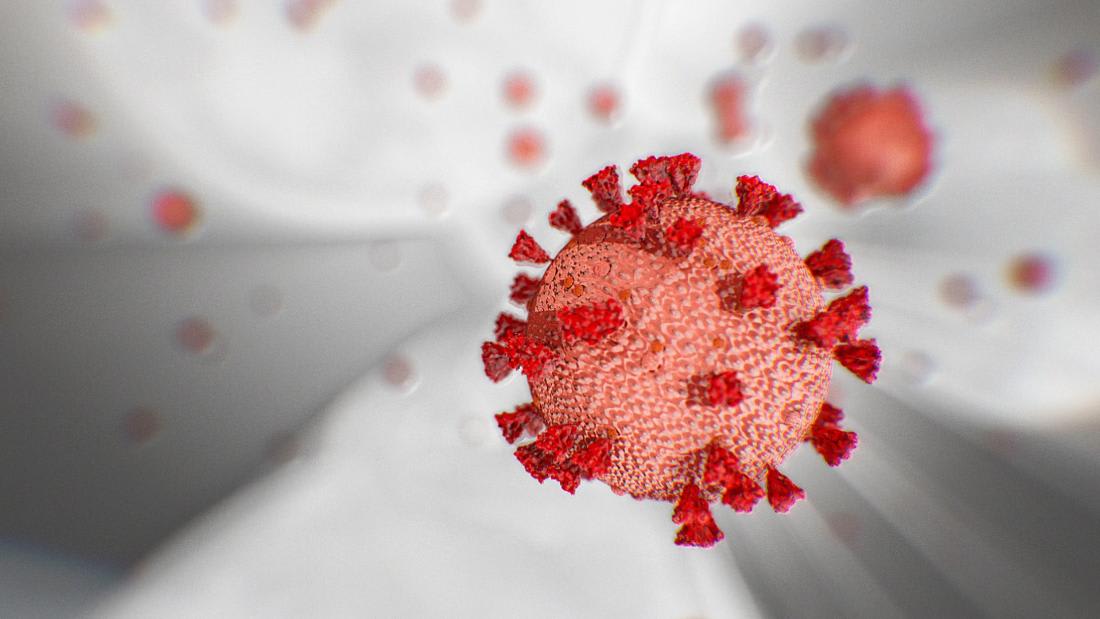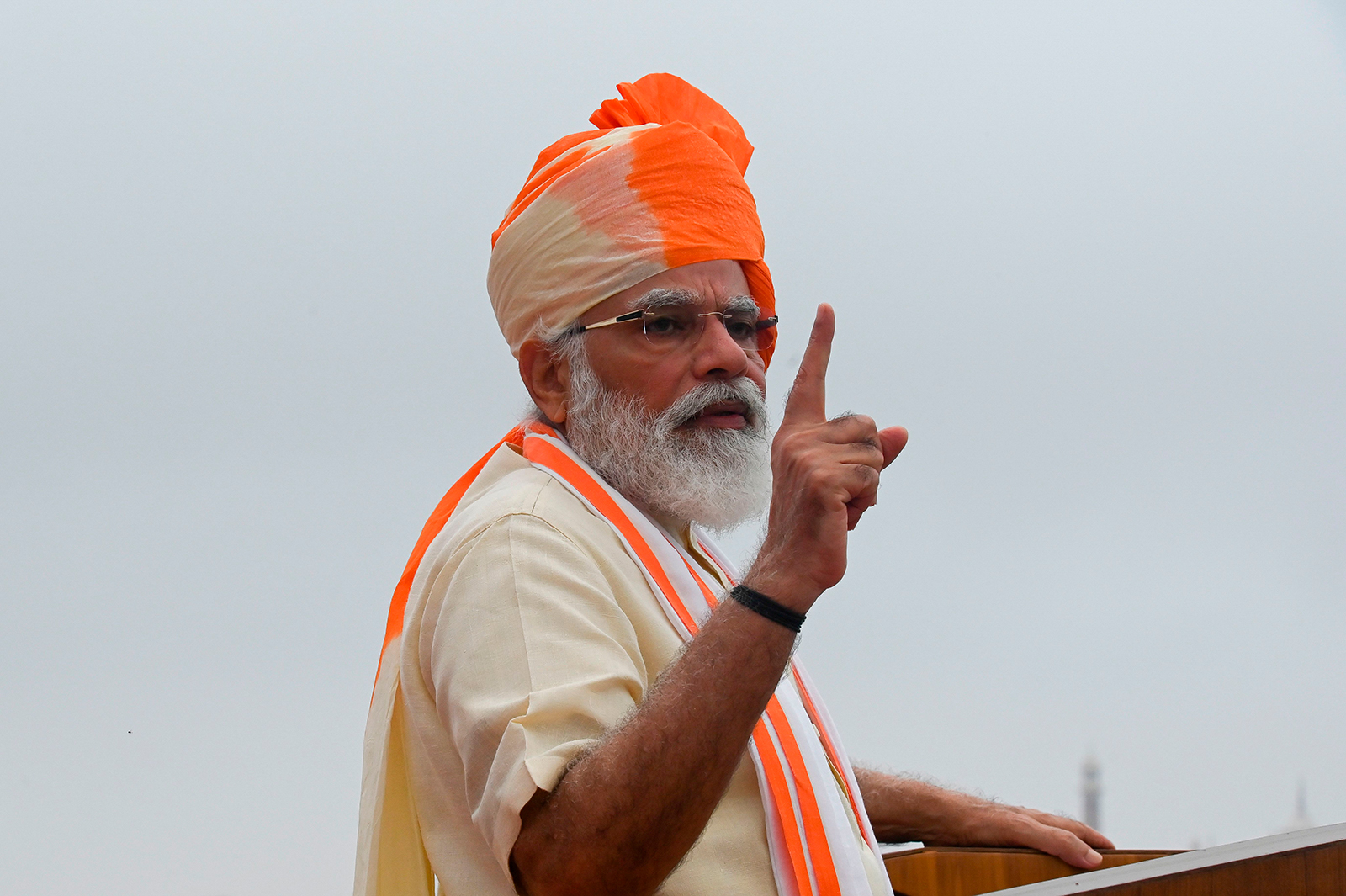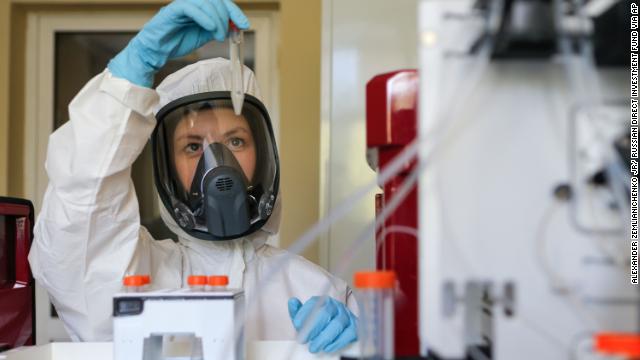
The production of Russia's coronavirus vaccine, Sputnik V, has started, the Russian health ministry said on Saturday, according to Russian state news agency TASS.
Developed by the Moscow-based Gamaleya Institute, the vaccine was approved by the Russian government on Tuesday before beginning crucial Phase 3 trials.
Vaccine production before completed trial: Kirill Dmitriev, head of the Russian Direct Investment Fund (RDIF), announced earlier this week that Phase 3 trials of the vaccine would start on August 12 in Russia.
Only around 2,000 people are slated to take part in that critical stage of the Russian vaccine, according to Sputnik V’s website.
No scientific data on the Sputnik V vaccine has been released. As the treatment is only entering crucial Phase 3 clinical trials, it means there are huge unanswered questions over its safety and effectiveness.
Members of the Russian elite have reportedly taken doses, including the daughter of Russian President Vladimir Putin and Dmitriev.
Speaking to CNN's Anderson Cooper and Dr. Sanjay Gupta on Tuesday, Dmietriev said "safety is at the core of the vaccine."
"We know the technology works and we will publish the data in August and September to demonstrate that," Dmietriev said.
He added that the vaccine will be gradually rolled out to high-risk people before a mass vaccination of Russians begins in October. The vaccine will be made available to other countries around November.
